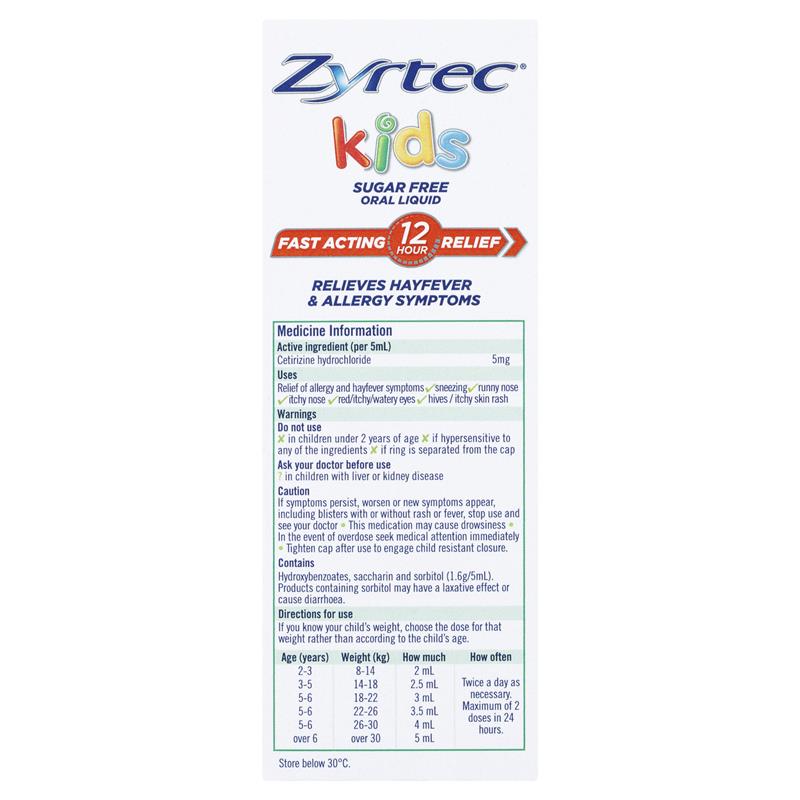
Manufacturers of those products bear the weight of the responsibility to make sure their products are safe (19). Generally speaking, it’s safe to drink teas and take supplements that contain L-theanine.īut it’s important to note that the Food and Drug Administration (FDA) doesn’t regulate supplement. There are no confirmed or direct side effects of consuming L-theanine. Other research suggests that L-theanine improved sleep quality for those diagnosed with schizophrenia ( 18). While the results are promising, more research is needed before it can be proven safe and effective, especially for children ( 17). The other group received placebo pills.Īfter 6 weeks, the group taking L-theanine had longer, more restful sleep.

A randomized group was given two 100 mg chewable tablets of L-theanine twice daily. L-theanine may also help boys diagnosed with attention deficit hyperactivity disorder (ADHD) sleep better.Ī double-blind study looked at the effects of L-theanine on 98 boys ages 8 to 12 years old. Researchers in one study found that doses of 250 mg and 400 mg of L-theanine greatly improved sleep in animals and humans ( 16).Īlso, 200 mg of L-theanine was shown to help reduce resting heart rate, pointing to its ability to promote relaxation ( 16). Some research indicates that L-theanine could be beneficial for a good night’s sleep, which could be because it helps to promote relaxation. In the same study, the researchers noted that caffeine had a similar but less beneficial effect ( 15). One study found that people who usually experienced higher blood pressure after specific mental tasks found that L-theanine helped reduce an increase in blood pressure. L-theanine may be beneficial for those who experience increased blood pressure in stressful situations.

Researchers of one study in China found that women diagnosed with ovarian cancer who drank at least one cup of green tea a day lived longer than those who didn’t ( 13).Īnother study that looked at tea drinkers compared to nondrinkers found that women who drank green tea were 32 percent less likely to develop pancreatic cancer ( 14). Because of these promising findings, researchers expect that L-theanine could also help improve chemotherapy’s ability to fight cancer ( 10).Īlthough there’s no definitive evidence to show that tea prevents cancer, a number of studies suggest that people who regularly drink tea have lower rates of cancer ( 10, 11, 12). L-theanine has also been associated with amplifying the anti-tumor effects of certain chemotherapy drugs. However, more research is needed to confirm and expand on these findings ( 6, 9). One study published in the journal Beverages found that L-theanine could help decrease upper respiratory tract infections ( 6).Īnother one found that green tea catechins- antioxidants- and theanine could be effective at preventing the flu ( 7, 8).Īnother study found that L-theanine could help improve inflammation in the intestinal tract.

Some research suggests that L-theanine may improve the function of the body’s immune system. The study’s participants also felt more alert and less tired in general.

A typical cup of coffee contains 95 mg of caffeine ( 4, 5). Paired with caffeine, L-theanine may help increase focus and attention.Ī small study found that a combination of L-theanine (97 milligrams, or mg) and caffeine (40 mg) helped a group of young adults focus better during demanding tasks. Researchers found that L-theanine decreased anxiety and improved symptoms ( 3). In a review of five randomized controlled trials that included 104 participants, four trials linked L-theanine with reduced stress and anxiety in people experiencing stressful situations ( 2).Īnother study published in the Journal of Clinical Psychiatry focused on people living with schizophrenia or schizoaffective disorder. Sipping on a hot cup of tea can help you feel at ease, and research suggests that it not only relaxes the mind, but it also does so without causing drowsiness ( 1). Most known for helping people relax, L-theanine has other potential health benefits, including: Anxiety and stress relief


 0 kommentar(er)
0 kommentar(er)
